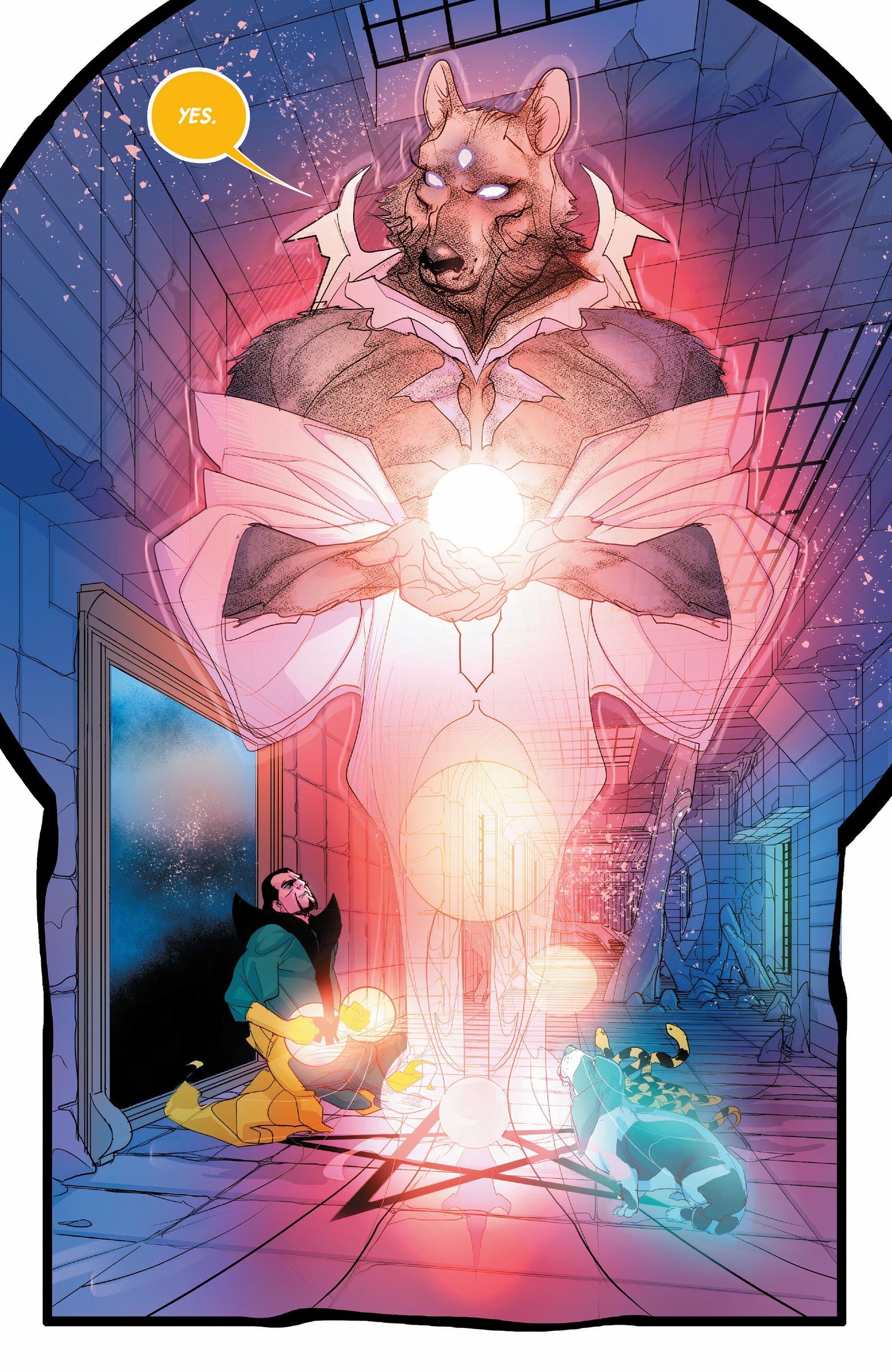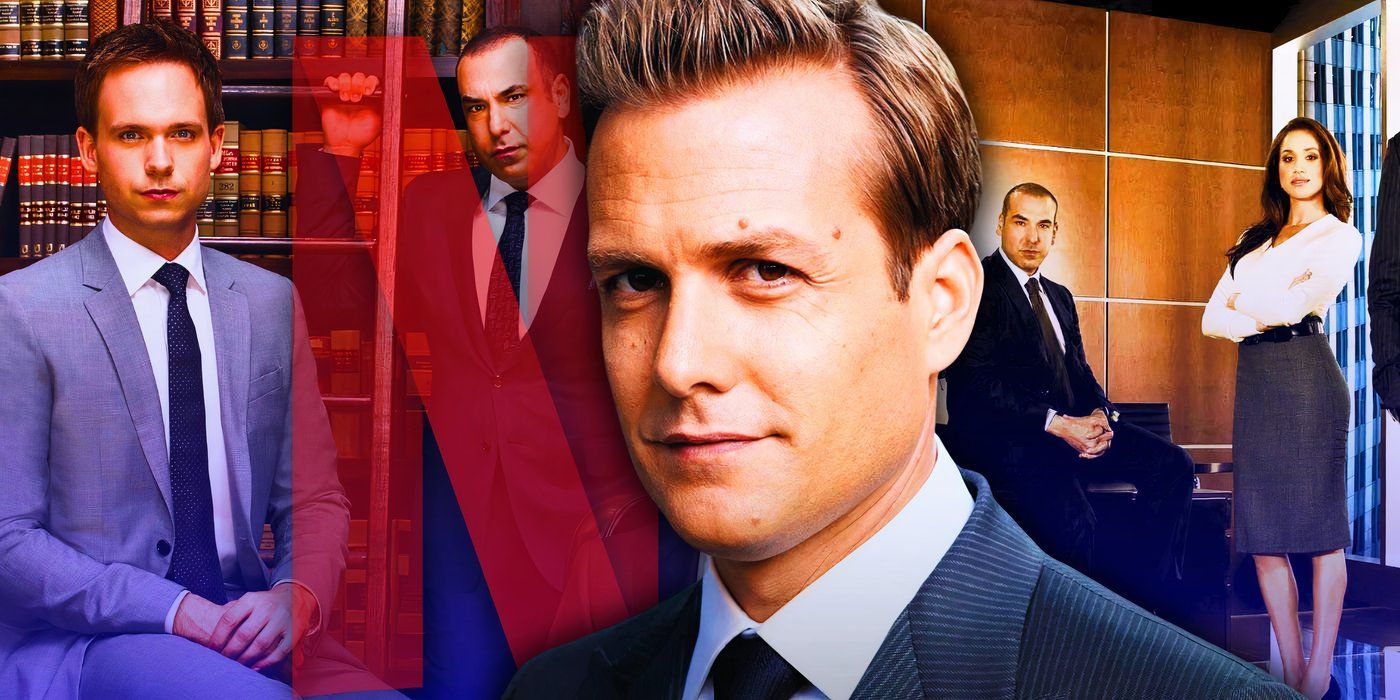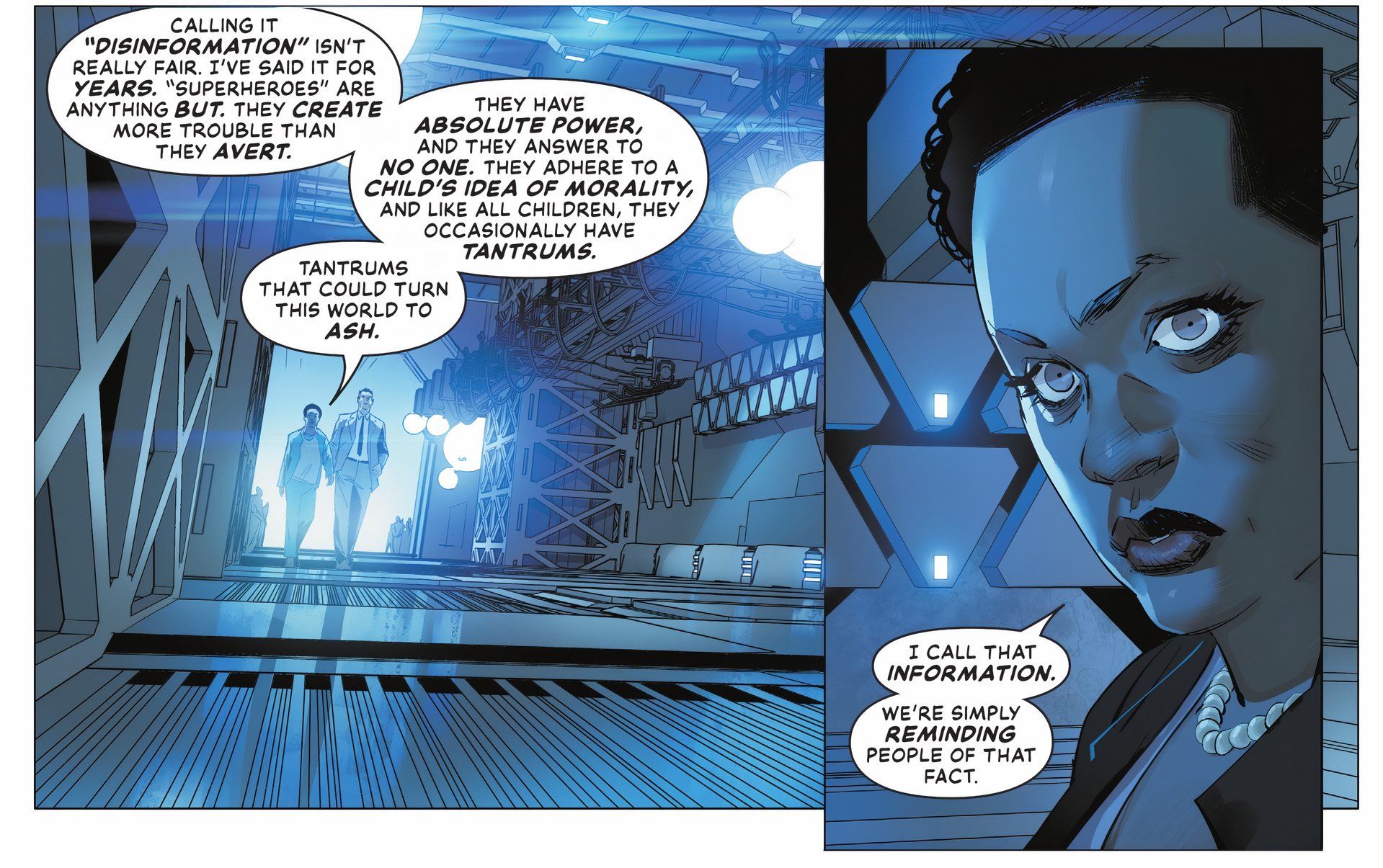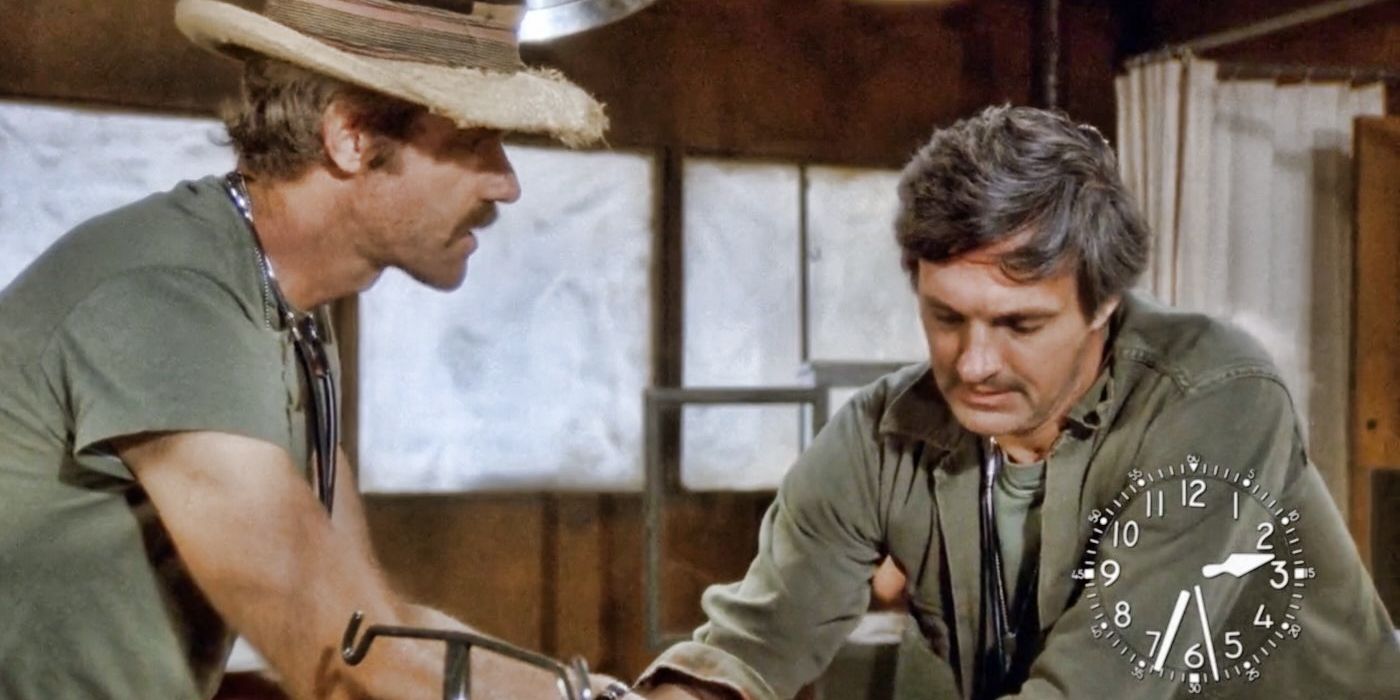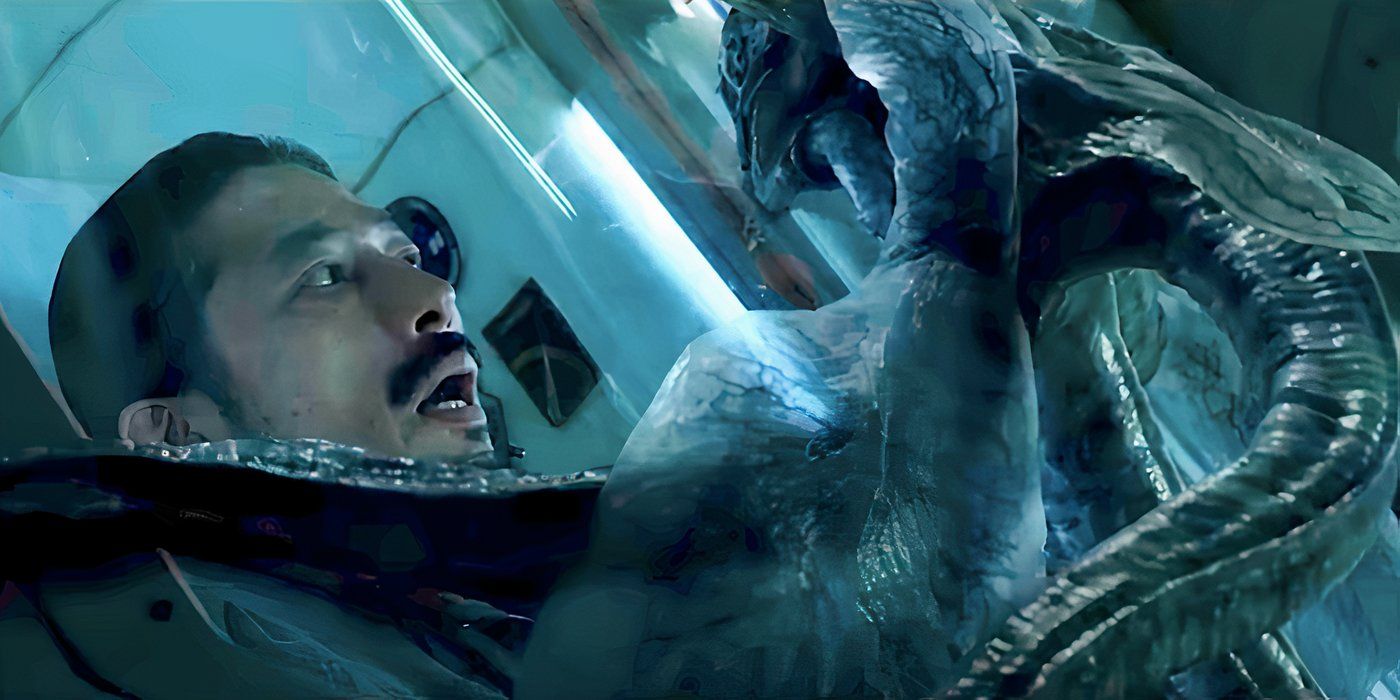Star Trek: Deep Space Nine‘s Quark actor, Armin Shimerman, loves alien characters’ critique of humanity throughout Star Trek‘s history. As a hallmark of Star Trek‘s seminal science fiction storytelling, alien perspectives intentionally reflect certain aspects of our modern culture by highlighting how idiosyncratic human behavior might look to an outside observer. The tradition of including an alien outsider began with Mr. Spock (Leonard Nimoy) in Star Trek: The Original Series, continued with Lieutenant Commander Data (Brent Spiner) in Star Trek: The Next Generation, and Shimerman’s own Quark shares that role with Constable Odo (Rene Auberjonois) in the cast of Star Trek: Deep Space Nine.
Armin Shimerman has made no secret of being a lifelong fan of Star Trek and shared this insight into his fandom on The Delta Flyers podcast, where Shimerman and Jadzia Dax actor Terry Farrell have joined the roster of co-hosts to discuss DS9 production stories with the original The Delta Flyers hosts, Star Trek: Voyager‘s Robert Duncan McNeill and Garrett Wang. Read Shimerman’s quote and listen to The Delta Flyers season 9, episode 6, “Q-Less” below, starting at the 47:18 timestamp.
One of the things I’ve loved about Star Trek, all through my life, is occasionally they write these wonderful speeches given by aliens — it started with Spock, talking about humans, and then was passed to others on Deep Space Nine, and I’m sure they did it on [Voyager] as well — where an alien is able to make judgments, to give an overall critique of human behavior, so the audience can go ‘you know what? Yes, we do do that.’ I love that when it happens on the show.
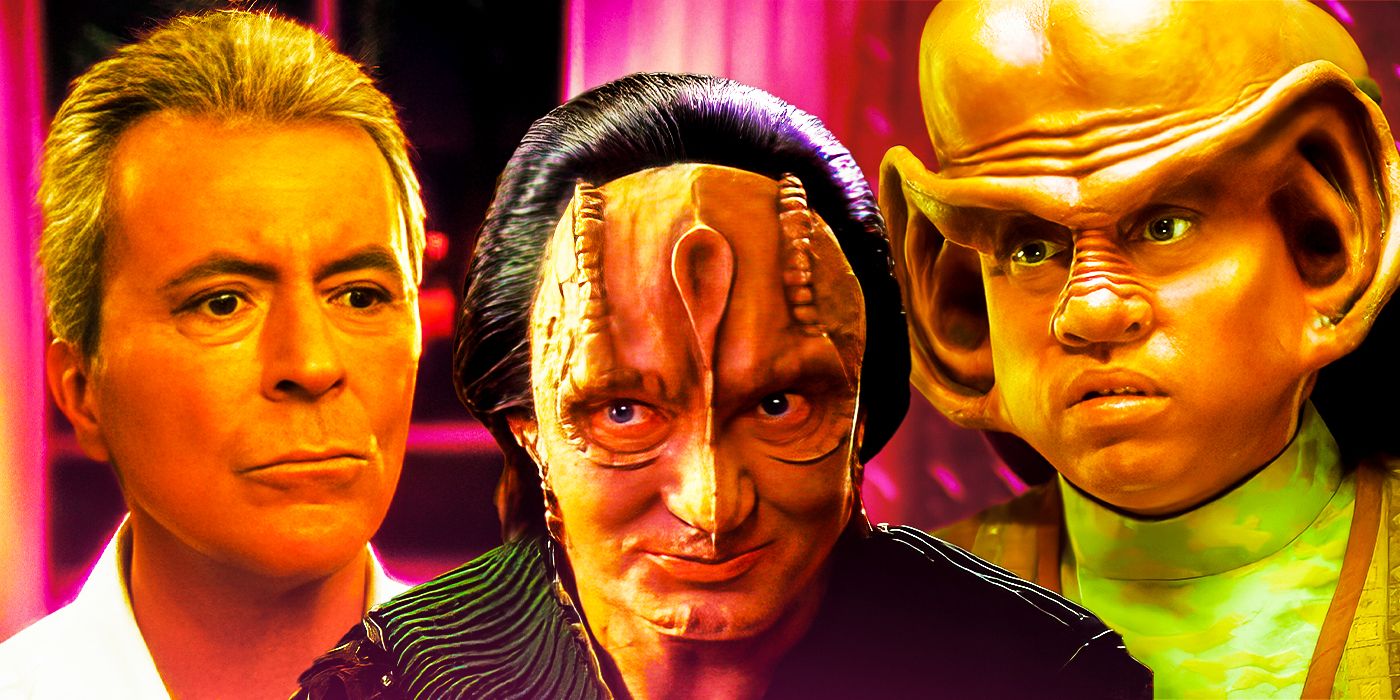
Star Trek: DS9’s Top 11 Supporting Characters Ranked
Star Trek: Deep Space Nine’s best supporting characters included Nog, Gul Dukat, Garak, and other Federation allies & enemies in the Dominion War.
DS9 Evolved Star Trek’s Critique of Humanity Through an Alien Lens
Multiple complex alien cultures on DS9 offered multiple perspectives of humanity.
While Star Trek: The Original Series and Star Trek: The Next Generation included one main character to comment on their human counterparts (Spock and Data, respectively), Star Trek: Deep Space Nine broke the mold with multiple alien characters. As a cultural blank slate, Odo’s was the most traditional take, questioning “the solids'” behavior. Quark and the other Ferengi contrasted Starfleet’s post-scarcity economy with their own profit-based motives. Major Kira Nerys (Nana Visitor) and other Bajorans provided a platform to discuss questions of religious faith versus science, or their coexistence. Lt. Commander Jadzia Dax’s (Terry Farrell) Trill wisdom brought judgment-free insight. Recurring Cardassian Garak (Andrew Robinson) saw conspiracies everywhere.
Each alien character on Star Trek: Deep Space Nine offered unique (and sometimes contradictory) observations based on their own cultural backgrounds, which DS9 ensured weren’t entirely monolithic, as the case had been in the past. DS9 paid particular attention to the complexity of alien cultures, retaining each alien society’s foundational themes, and let alien characters’ perspectives be influenced by their cultures’ values, but not necessarily strictly defined by them. By doing so, Star Trek: Deep Space Nine evolved the concept of aliens’ commentary on humanity and painted a much richer picture of how the rest of the galaxy viewed Earth in the 24th century.
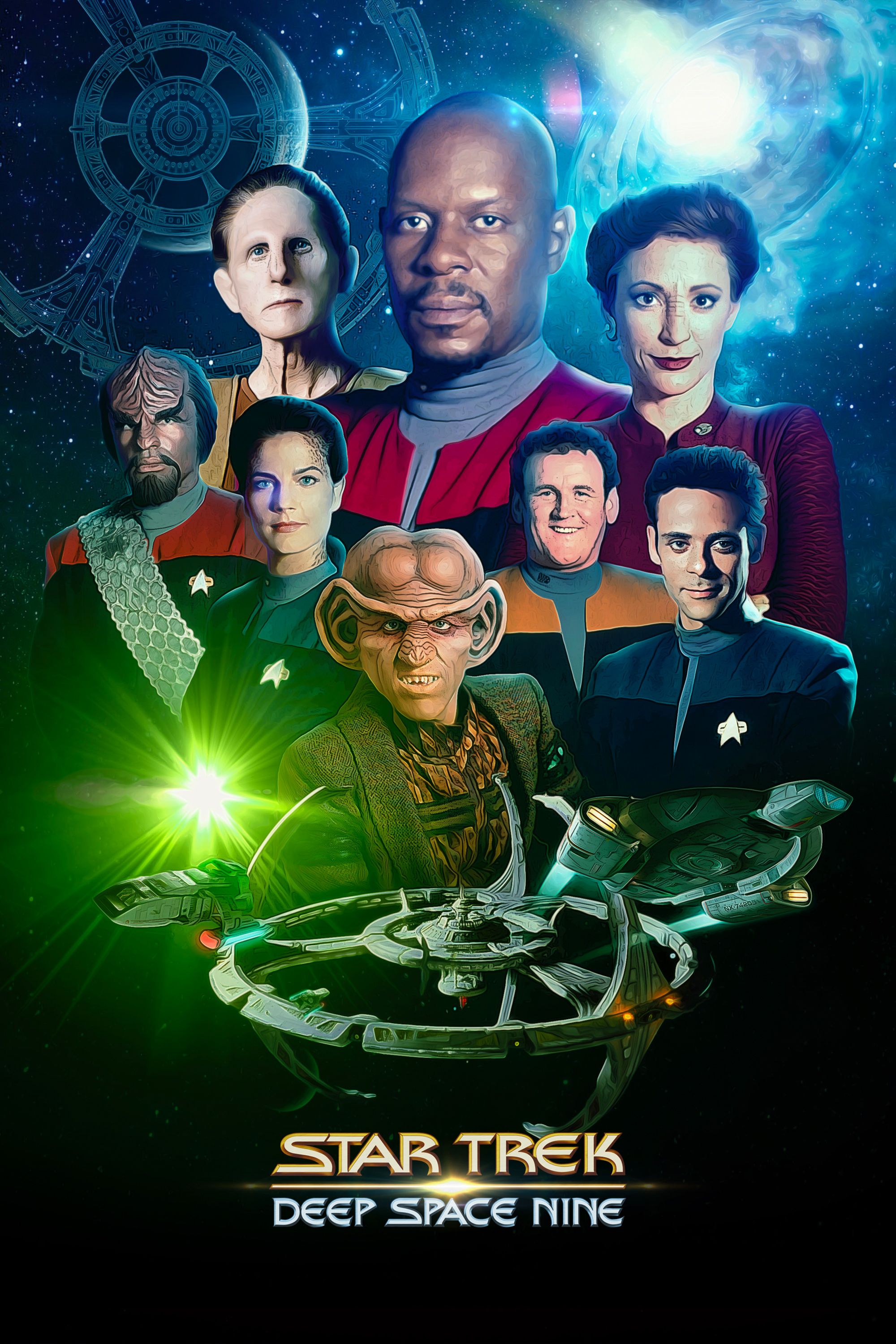
Star Trek: Deep Space Nine
- Release Date
- January 3, 1993
- Cast
- Avery Brooks , Rene Auberjonois , Cirroc Lofton , Colm Meaney , Armin Shimerman , Alexander Siddig , Nana Visitor , Michael Dorn , Nicole de Boer
- Seasons
- 7
- Story By
- Gene Roddenberry
- Writers
- Rick Berman , Michael Piller
- Network
- CBS
- Streaming Service(s)
- Paramount+
- Franchise(s)
- Star Trek
- Showrunner
- Michael Piller , Ira Steven Behr
